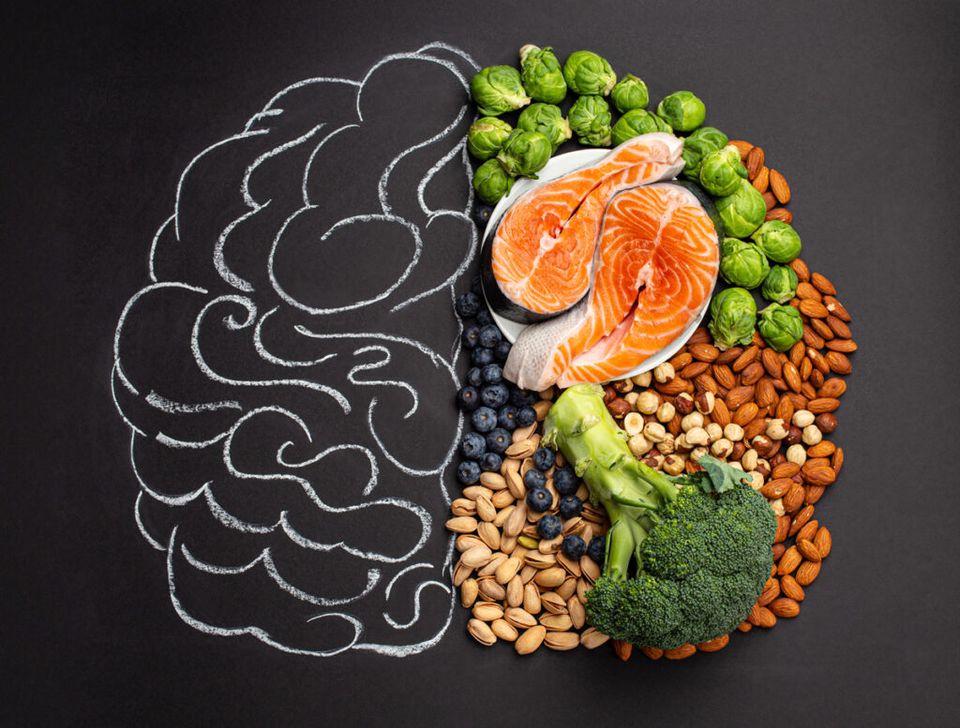The Psychology of Eating: 10 Key Takeaways
Dive deep into 10 key connections between your plate and your mind. Discover how food shapes our emotions, behaviors, and well-being.

The Intricate Dance Between Food and Our Minds: A Deep Dive into the Psychology of Eating
Ah, food. That delightful, sometimes sinful, always necessary part of our lives.
But have you ever stopped to think about the deep psychological ties between what's on your plate and what's going on in your head?
Let's embark on a delicious journey to understand the 10 key psychological aspects of food and eating.
- The Mood-Food Connection: Ever noticed how a hearty meal can lift your spirits? It's not just in your head. Consuming nutrient-rich foods directly impacts our energy levels and mood. So, the next time you're feeling down, remember that a balanced meal might just be the pick-me-up you need.
- Body Image and Mental Health: Our perception of our bodies can significantly influence our mental well-being. Embracing our ever-evolving bodies and striving for a positive self-image not only boosts self-esteem but also promotes mental health. Remember, self-love is the best love!
- Food: A Double-Edged Sword: While indulging in comfort food after a rough day feels heavenly, it's crucial to recognize when food becomes a negative coping mechanism. It's like putting a bandaid on a wound that needs stitches. Occasional indulgence? Perfectly fine. Consistent emotional eating? Time for some introspection.
- The Hidden World of Eating Disorders: These disorders, affecting countless individuals across age groups, highlight the profound psychological impact of our relationship with food. Recognizing and addressing these issues is paramount for holistic well-being.
- The Mind's Role in Weight Management: Managing weight isn't just about diet and exercise; it's a mental game. Understanding our food behaviors, resetting our mindset, and being self-aware are pivotal steps in this journey.
- Nature's Pharmacy: Who knew that the path to mental wellness could be found in our kitchens? Foods like oily fish, berries, and leafy greens aren't just tasty; they're also potent natural remedies for various psychological ailments.
- Cravings: More Than Just Hunger: Ever had an insatiable desire for chocolate? These cravings, often linked to emotions or nutrient deficiencies, are deeply rooted in our brain's pleasure centers. So, the next time you're yearning for that donut, ask yourself, "What's really driving this craving?"
- The Power of Moderation: Our brains thrive on balance. Indulging occasionally, diversifying our diet, and practicing moderation can lead to a harmonious mental state. After all, variety is the spice of life!
- The Deceptive World of Food Marketing: Ever felt ravenous after seeing a food commercial? That's no accident. Marketing strategies, from oversized portions to tantalizing ads, can skew our perception of hunger. Stay aware and don't let those sneaky ads fool you!
- Mindful Eating: A Journey of Self-Discovery: Engaging with food goes beyond just satiating hunger. It's a deeply personal experience, intertwined with our emotions, behaviors, and patterns. Embracing mindful eating can lead to a harmonious relationship with food, body, and mind.
In conclusion, our relationship with food is a complex dance of biology, psychology, and personal experiences.
By understanding these connections, we can foster a healthier, more fulfilling relationship with what we eat. After all, as they say, "You are what you eat." So, why not be the best version of yourself?
Remember to reflect on your own food journey, and consider the psychological factors that influence your choices. Happy eating!